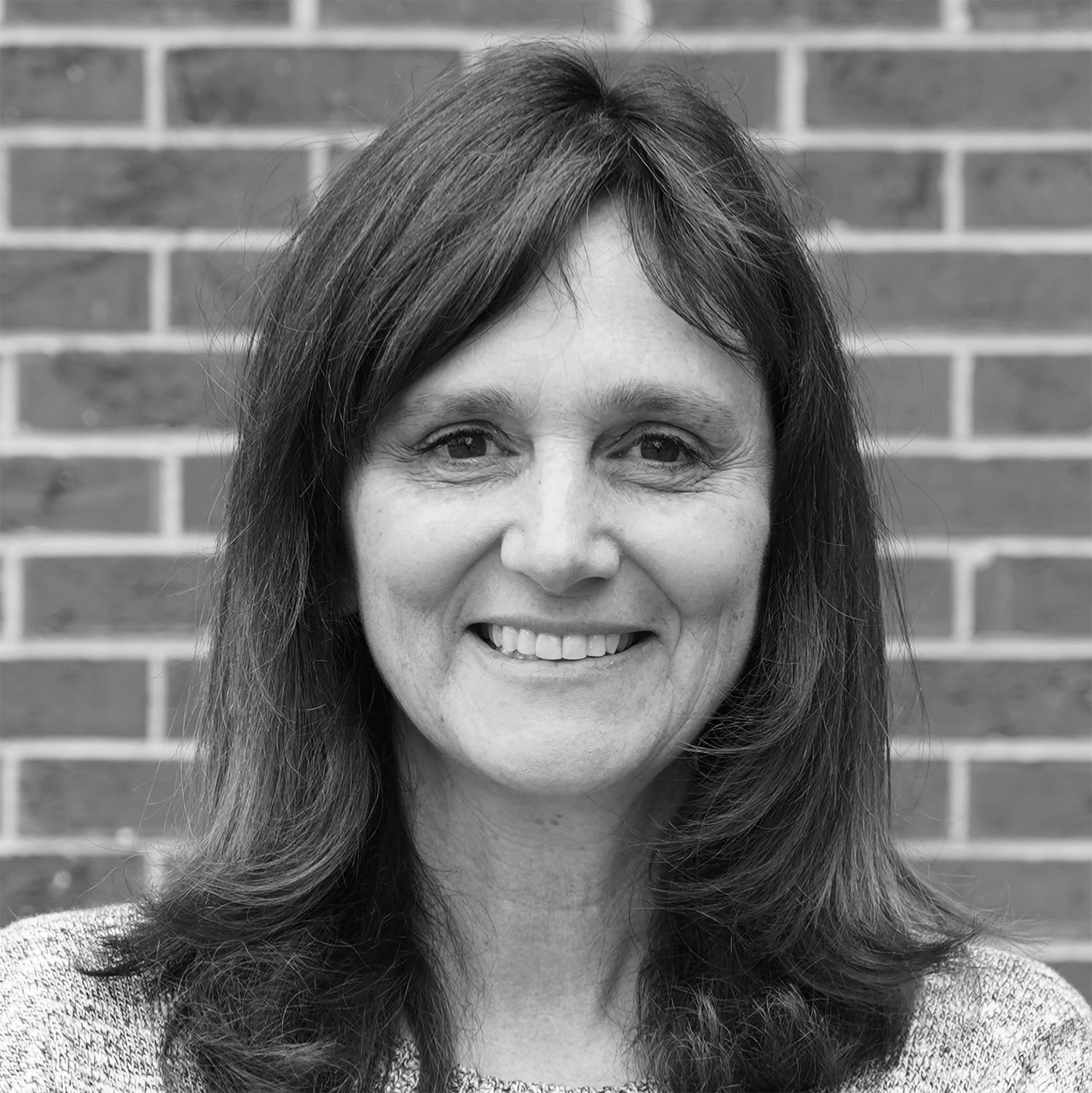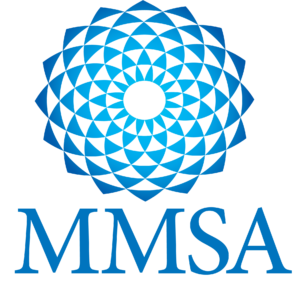 MMSA Title: STEM Education Specialist
MMSA Title: STEM Education Specialist
Hometown: Originally (Sydney, Australia) traveled to multiple places growing up in the military. Landed in Knob Noster, Missouri
Education: Post-doctoral CCMS Fellow (Northwestern University) Ed.D Curriculum and Instruction (Science Education) University of Houston, M.S. Wildlife & Fisheries Sciences, Texas A&M University, B.S. Biology, University of Missouri-Kansas City
What do you like most about your role at MMSA: We are beginning to see a purposeful pedagogical shift emerge across the country. Teachers are learning how to engage students in their learning, how to argue with evidence, explain phenomena using reasoning, and communicate more effectively. As a STEM education specialist, I am excited to continue building on this energy toward improving science literacy and preparing educators and students to move in a world of evidence-based decisions.
What did you do before you worked at MMSA: I was a full professor in the Department of Biological Sciences at Wright State University in Dayton, Ohio for 16 years. My research focused on how to make scientific practices such as explanation, argumentation, and modeling meaningful for K-12 students and teachers. I taught a variety of biological courses for preservice teachers, science majors, and nonscience majors. Most recently, I was the Faculty Director for the Center for Teaching and Learning and NSTA Board Director for the Division of Post-Secondary Science Teaching.
What do you like to do in your free time: Enjoy spending time with my family, and two dogs
What memory from your childhood would you like to share that exemplifies why you do the STEM education related work that you do: I loved being outside, you could alway find me “creeking.”
Pronouns: she, her, hers
Phone: (207) 626-3230 x132
Email: all emails are first initial last name at mmsa.org
Publications:
Bowers, J. & L. Kenyon (April/May 2020). Planting 3D instruction in your classroom: A garden-based NGSS unit. Science Scope, 43(8), 22-34.
Reed, M., Jenkins, T. & L. Kenyon. (2019). Why wetlands matter: Using modeling and data analysis to understand wetland functions. The Science Teacher, 87(4), 54-62.
Kenyon, L., Zemmer, J., & B. Penry (2019). Explanatory thinking using mobile devices in a non-science majors biology course. Journal of College Science Teaching, 49(1), 12-18.
Kenyon L.O., Walter E.M., Romine W.S. (2019) Transforming a college biology course to engage students: Exploring shifts in evolution knowledge and mechanistic reasoning. In: Harms U., Reiss M.(eds) Evolution Education Re-considered. Springer, Cham.
Manger, J. & Kenyon, L. (2019). Moving from product-driven models to meaningful practices. Science Scope, 43(1), 44-50.
Todd, A. & Kenyon, L. (2016). Empirical refinements of a molecular genetics learning progression: The molecular constructs. Journal of Research in Science Teaching, 53(9), 1385-1418.
Berland, L.K., Schwarz, C.V., Krist, C., Kenyon, L., Lo, A., & Reiser, B.J. (2016). Epistemologies in practice: Making scientific practices meaningful for students. Journal of Research in Science Teaching, 53(7), 1082-1112.
Todd, A. & Kenyon, L. (2016). How do Siamese cats get their color? Science Teacher, 83 (1), 29-33.
Fleming, M.A., Kenyon, L.O., Kenyon, L., & Upadhyay, B. (2015). Democratic science: Engaging middle school students in meaningful practices through community engagement. Education in a Democracy: A Journal of the NNER, 7, 37-63.
Reiser, B.J., Berland, L.K, & Kenyon, L. (2012). Engaging students in the scientific practices of explanation and argumentation. Science Teacher, 74, 34-39; Science Scope, 35, 6-11;Science and Children, 49, 8-13.
Schwarz, C. V., Reiser, B. J., Acher, A., Kenyon, L., & Fortus, D. (2012). MoDeLS: Challenges In defining a learning progression for scientific modeling. In A. C. Alonzo & A. W. Gotwals (Eds.), Learning Progressions in Science: Current Challenges and Future Directions (pp. 101-137): Sense Publishers.
Kenyon, L., Davis, E.A., & Hug, B. (2011). Design approaches to support preservice teachers in scientific modeling. Journal of Science Teacher Education, 22, 1-21.
Schwarz, C. V., Reiser, B. J., Davis, E. A., Kenyon, L., Acher, A., Fortus, D., Shwartz, Y., Hug, B., & Krajcik, J. (2009). Developing a learning progression of scientific modeling: Making scientific modeling accessible and meaningful for learners. Journal of Research in Science Teaching, 46(6), 632 654.
Kenyon, L., Schwarz, C., & Hug, B. (2008). The benefits of scientific modeling. Science and Children,46(2), 40-44.
Kenyon, L.O., Kuhn, L. & Reiser, B.J. (2006) Using Students’ Epistemologies of Science to Guide the Practice of Argumentation. In S.A. Barab, K. E. Hay, & D. T. Hickey (Eds.),Proceedings of the 7th International Conference of the Learning Sciences, ICLS 2006. Mahwah, NJ: Lawrence Erlbaum Assoc.
Kuhn, L., Kenyon, L. & Reiser, B.J. (2006) Fostering Scientific Argumentation by Creating a Need for Students to Attend to Each Other’s Claims and Evidence. In S.A. Barab, K. E. Hay, & D. T. Hickey (Eds.), Proceedings of the 7th International Conference of the Learning Sciences, ICLS 2006. Mahwah, NJ:Lawrence Erlbaum Assoc.
